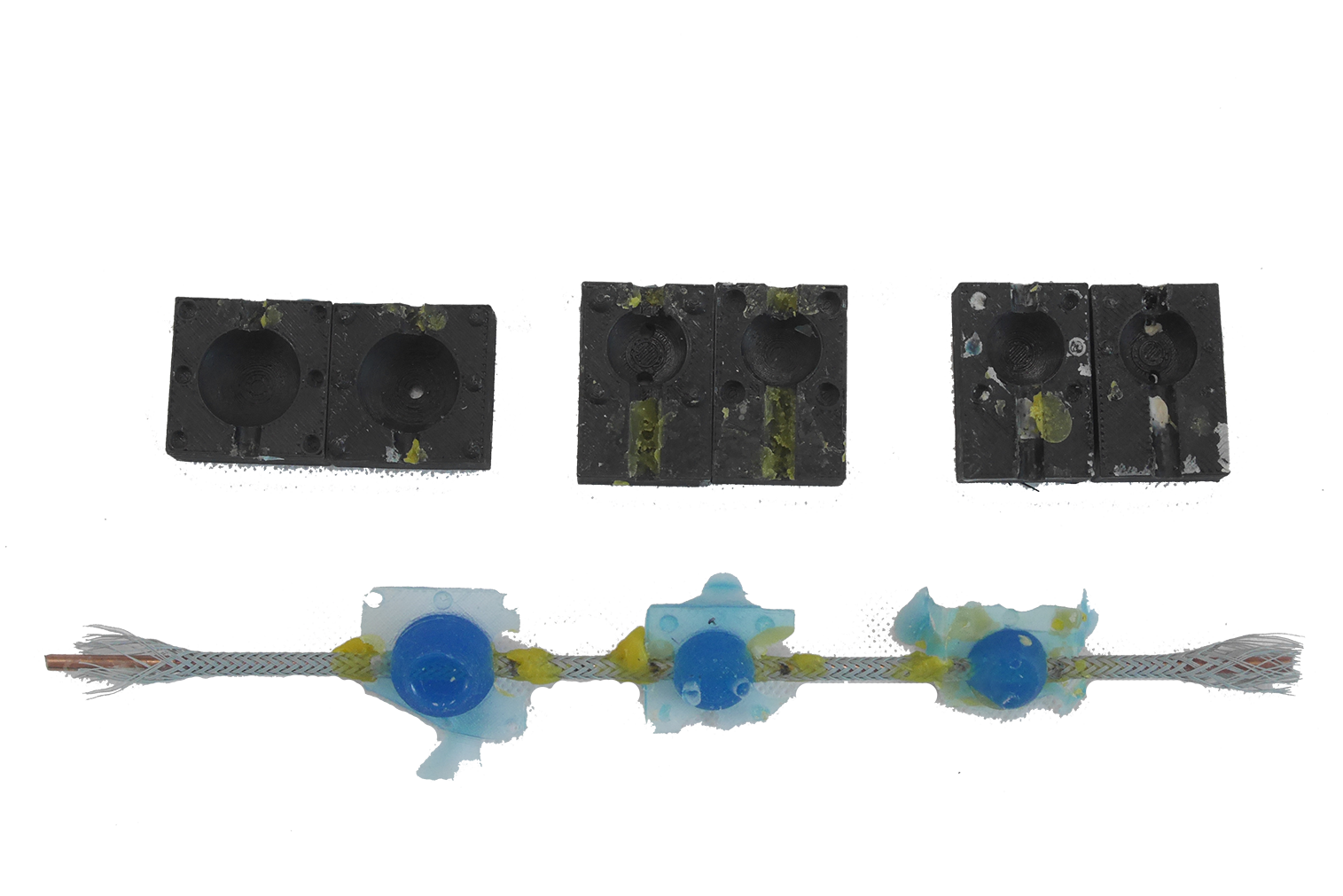Exhibited: Royal College of Art Work in Progress show, 2018,
Violence ii at Design Indaba 2020 Emerging Creatives 100mm x 100mm H-Beams
2m x 1.5m
2017 and 2020
Violence ii at Design Indaba 2020 Emerging Creatives 100mm x 100mm H-Beams
2m x 1.5m
2017 and 2020
This chair was originally intended as a chair for inducing purposeful remembrance of the mineworkers’ massacre at Marikana platinum mine on 16 August 2012 – the single most lethal use of force by South African security forces against civilians since 1960. Ultimately, it became an avenue for reconciling, expressing and negotiating my own experiences of violence and locating them relative to broader experiences of violence in the South African context.
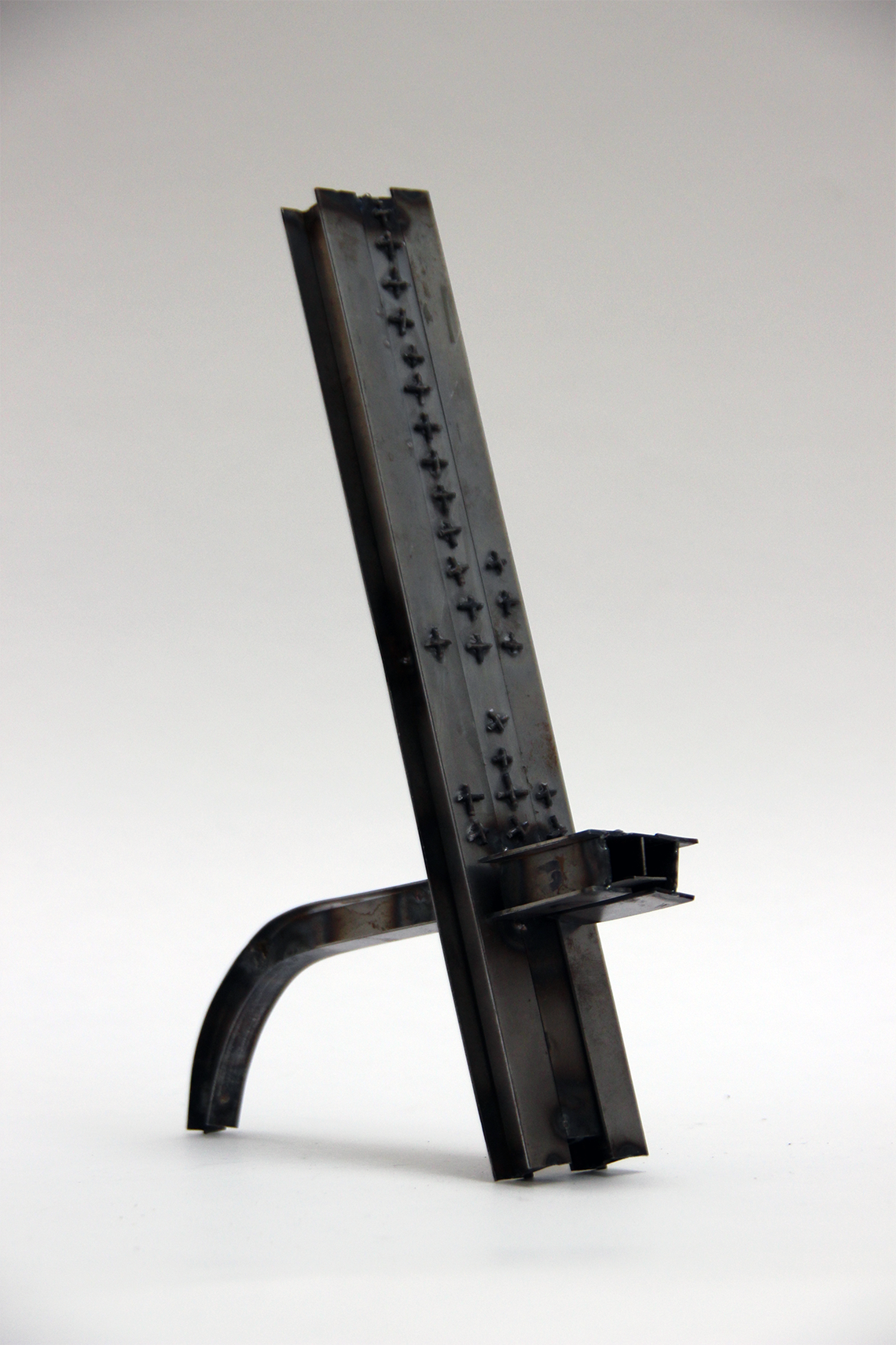

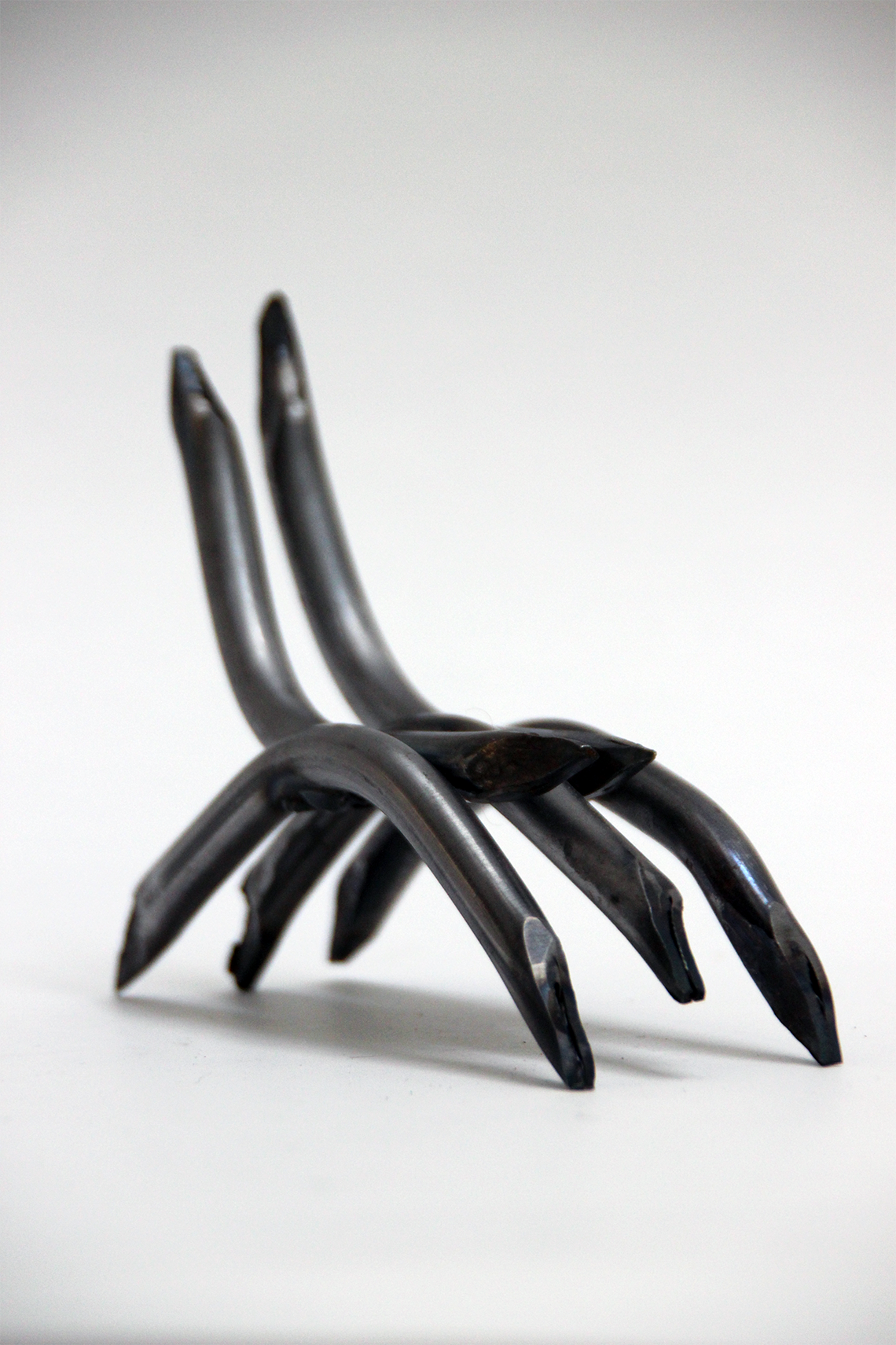

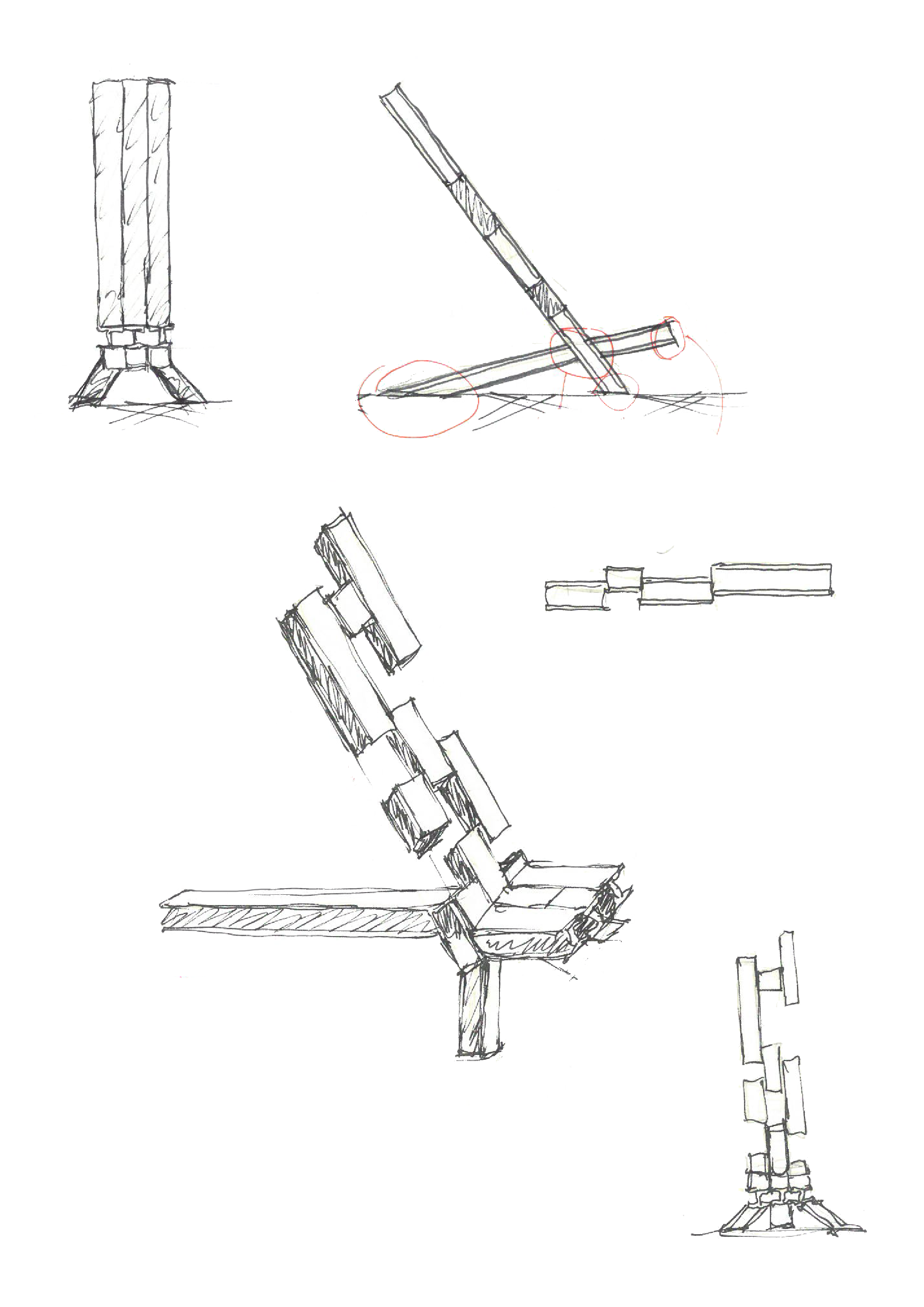

Words under construction.
Words under construction.
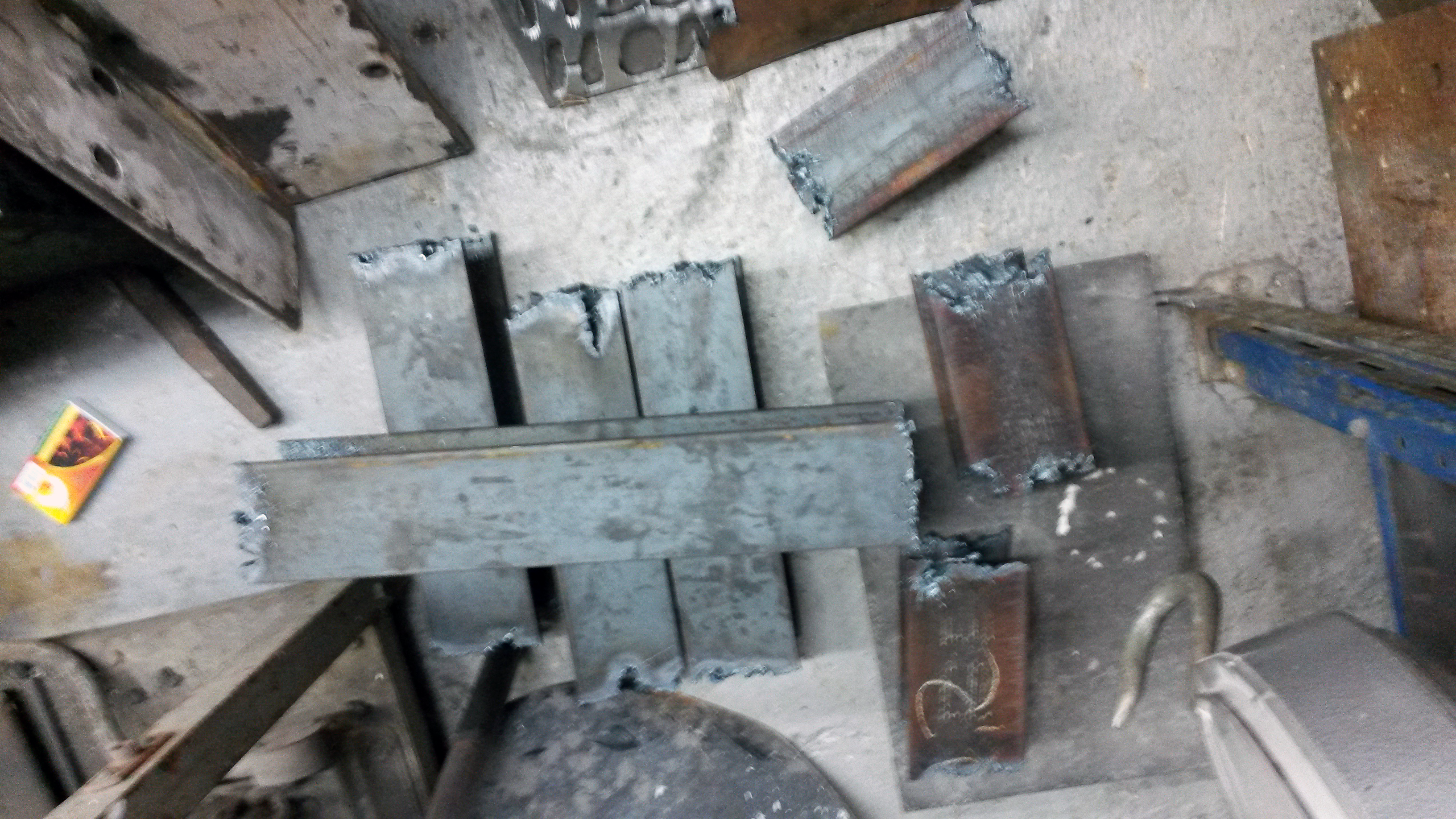

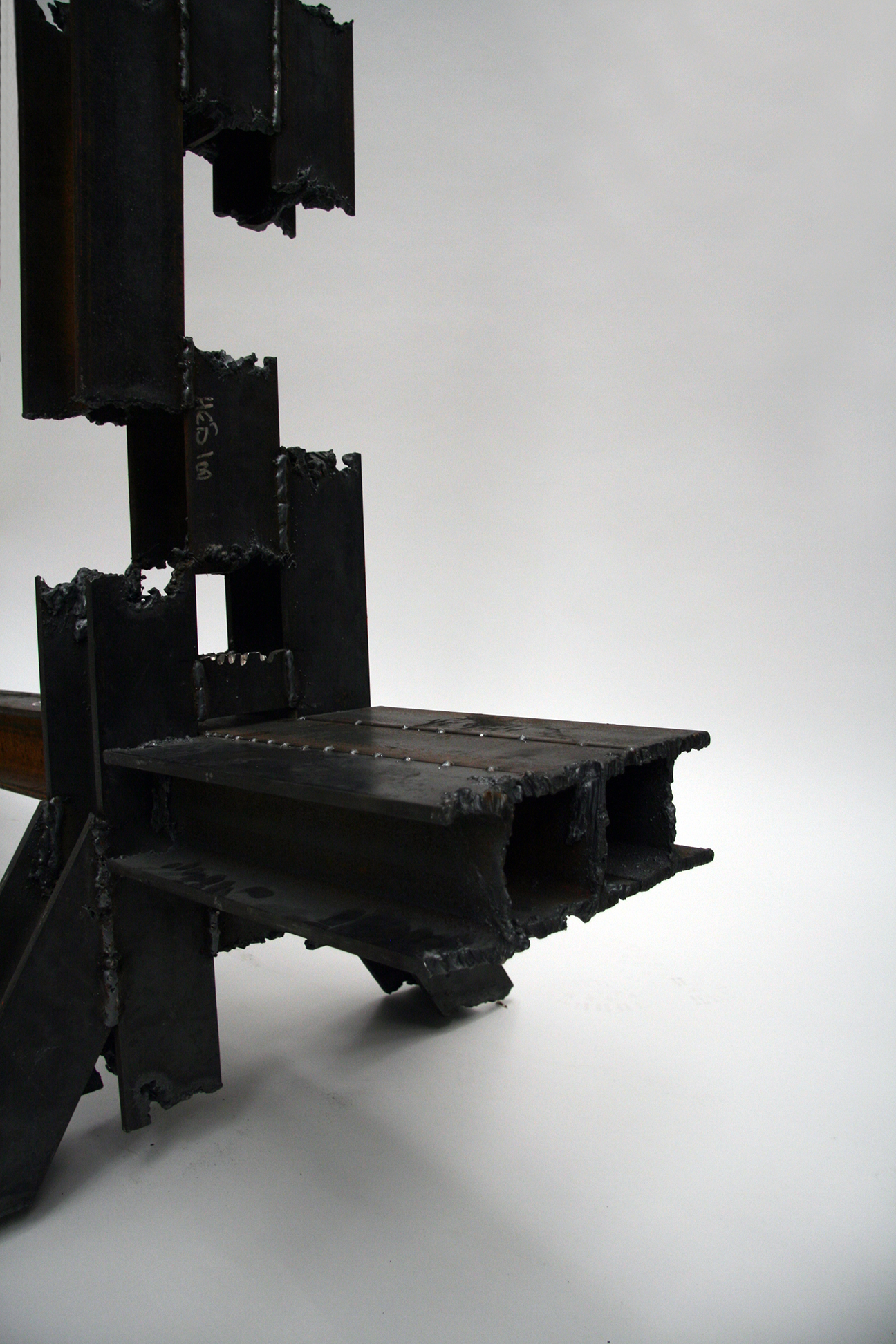
Words under construction.
Words under construction.
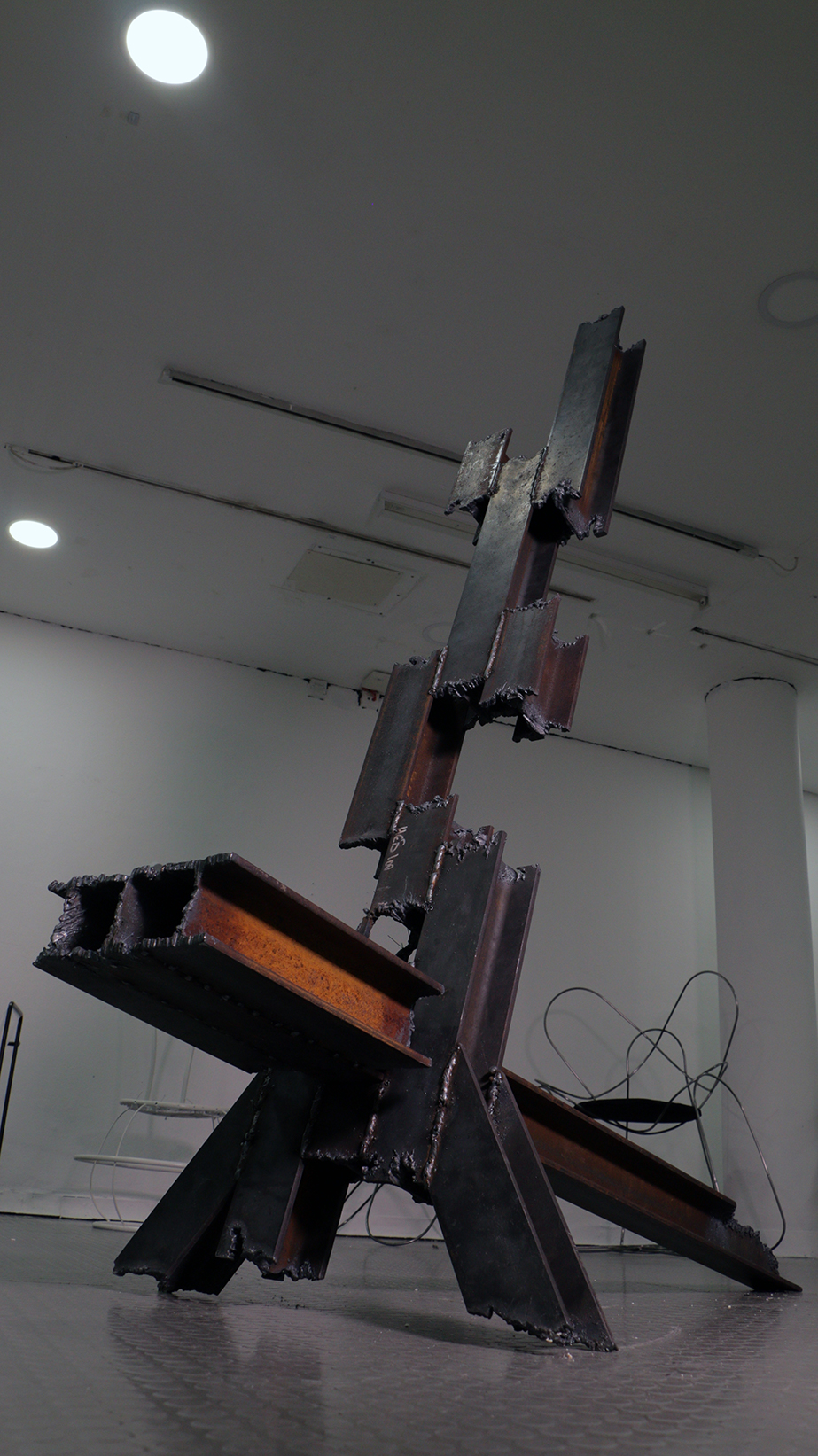


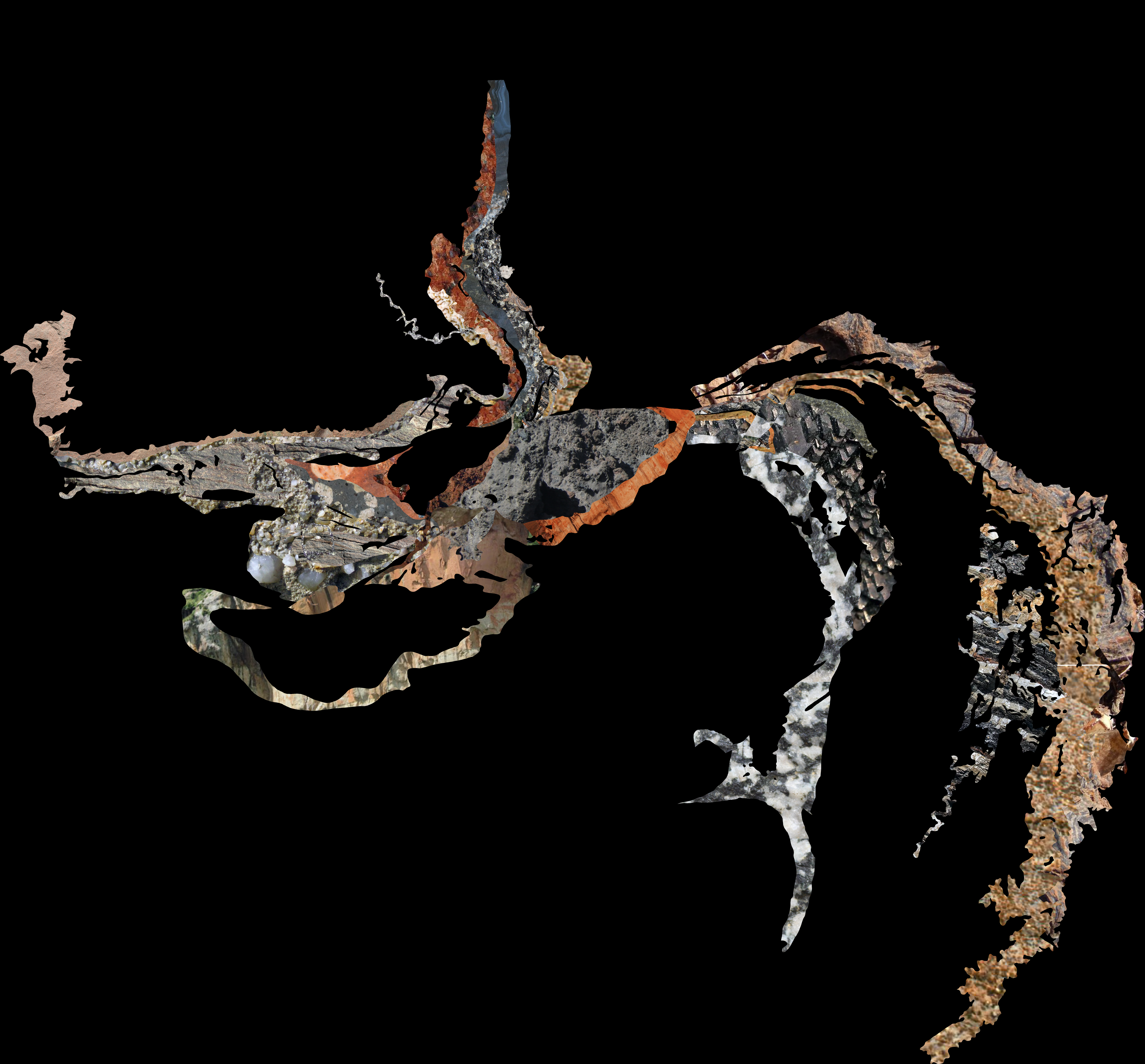
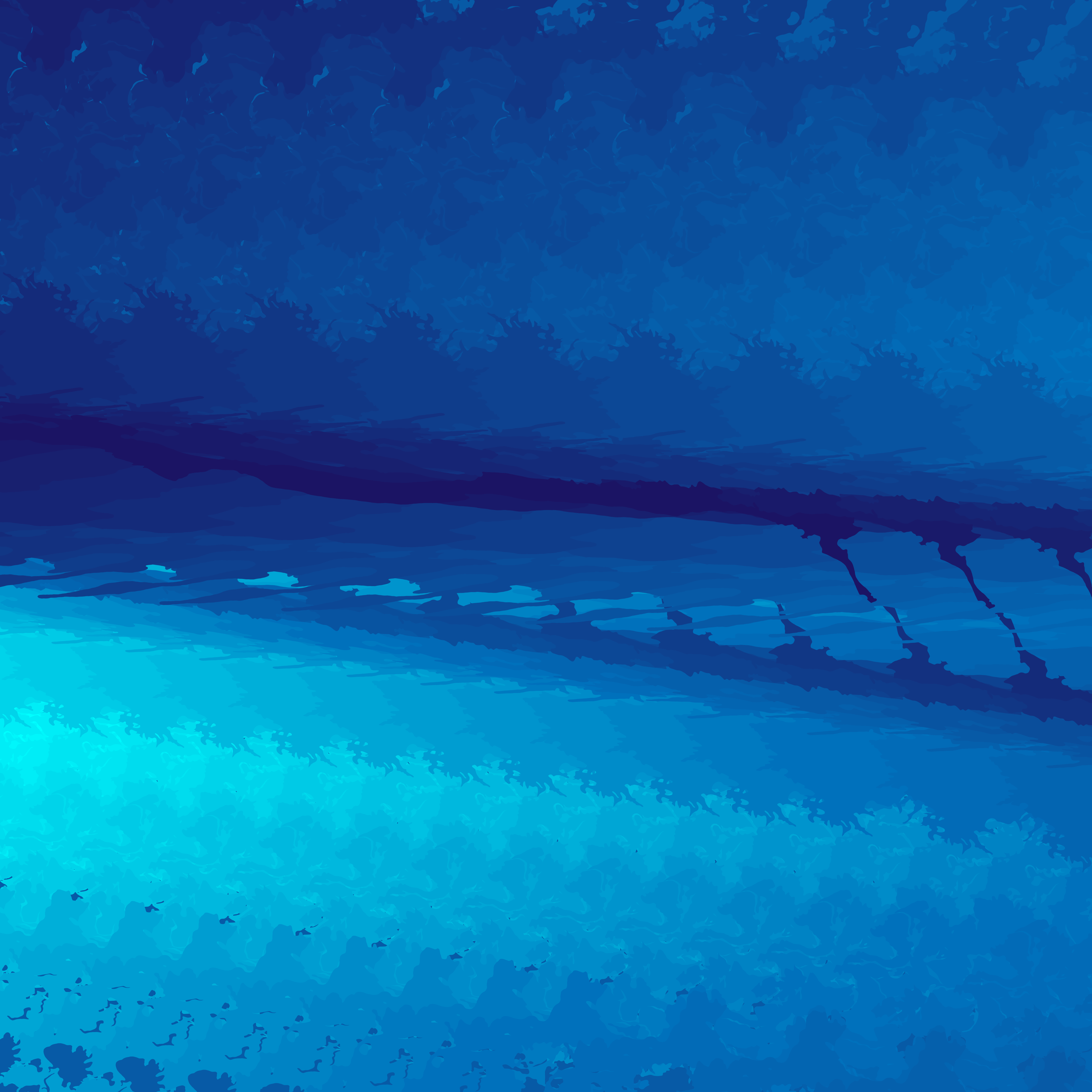

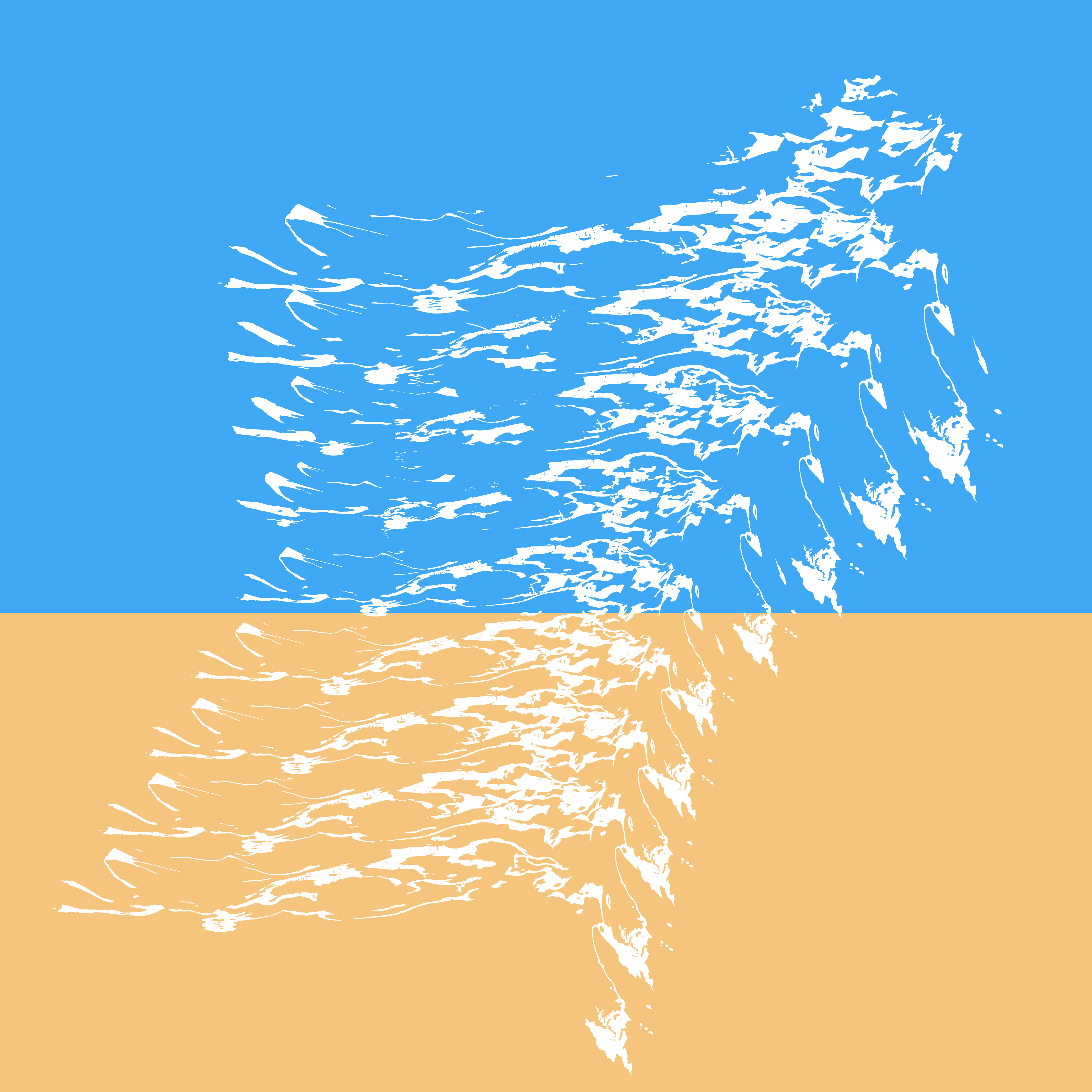
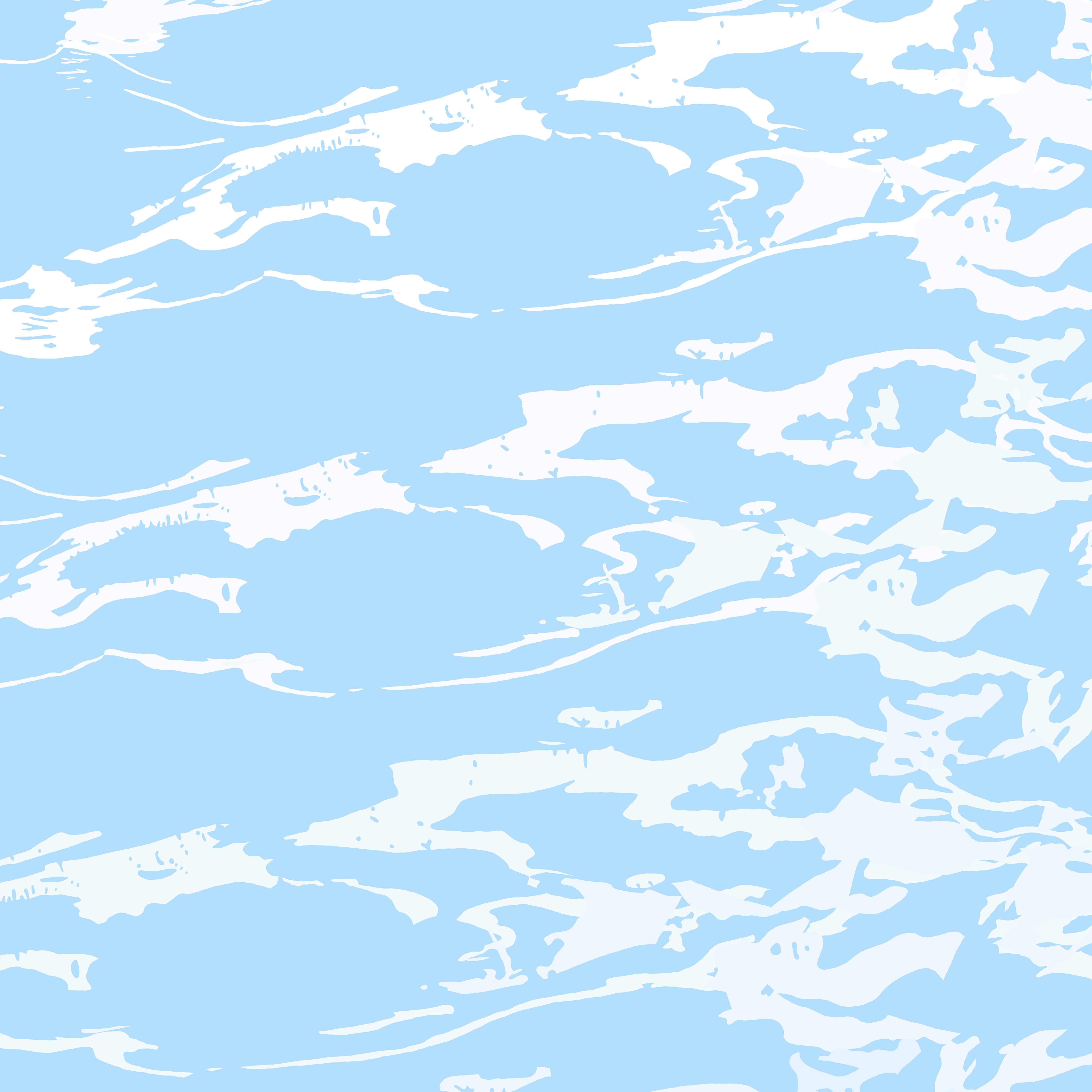
Series of illustrations using open geological maps
QGIS and Adobe Illustrator
2020
2020
How to explain a pulling in your gut when you know the rocks?




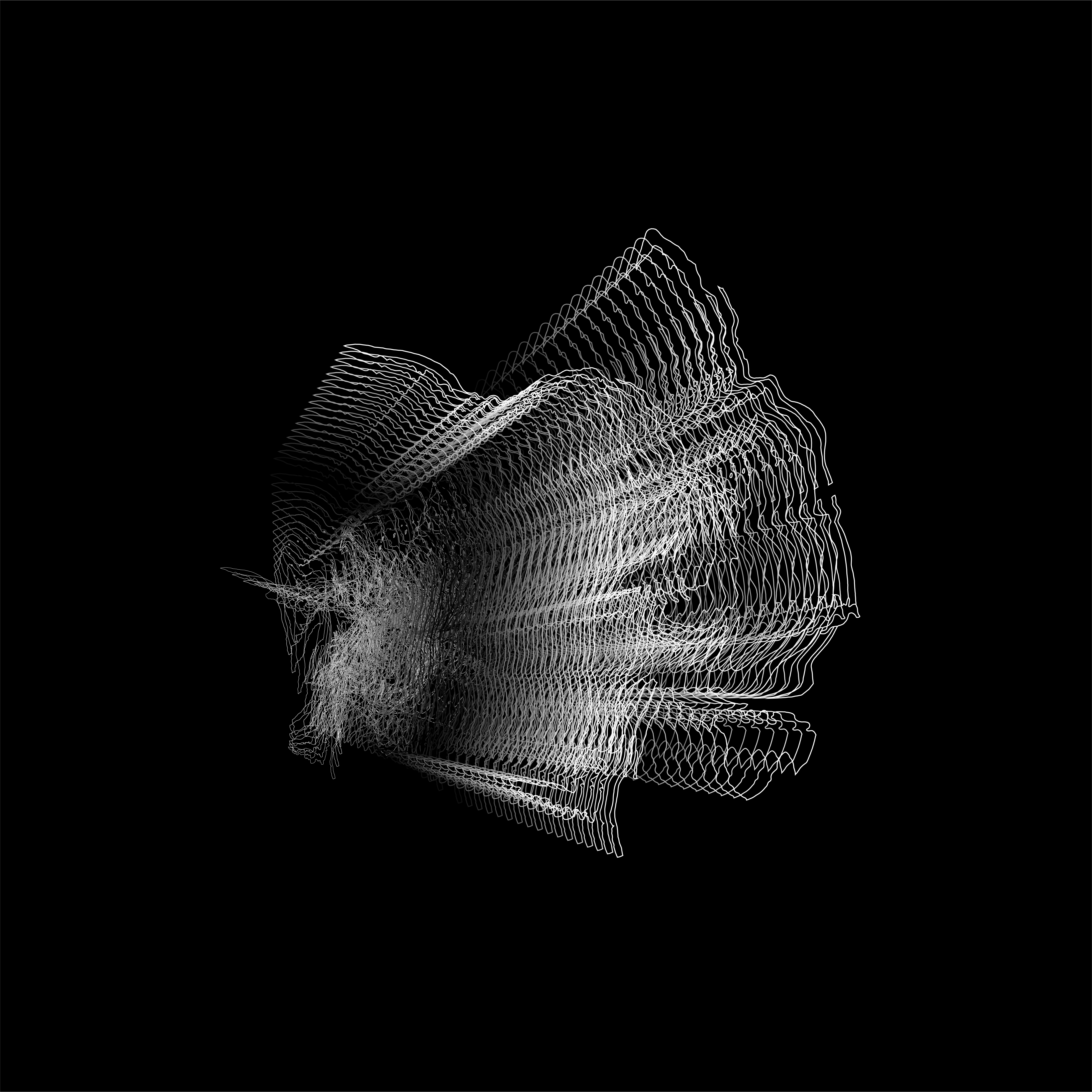
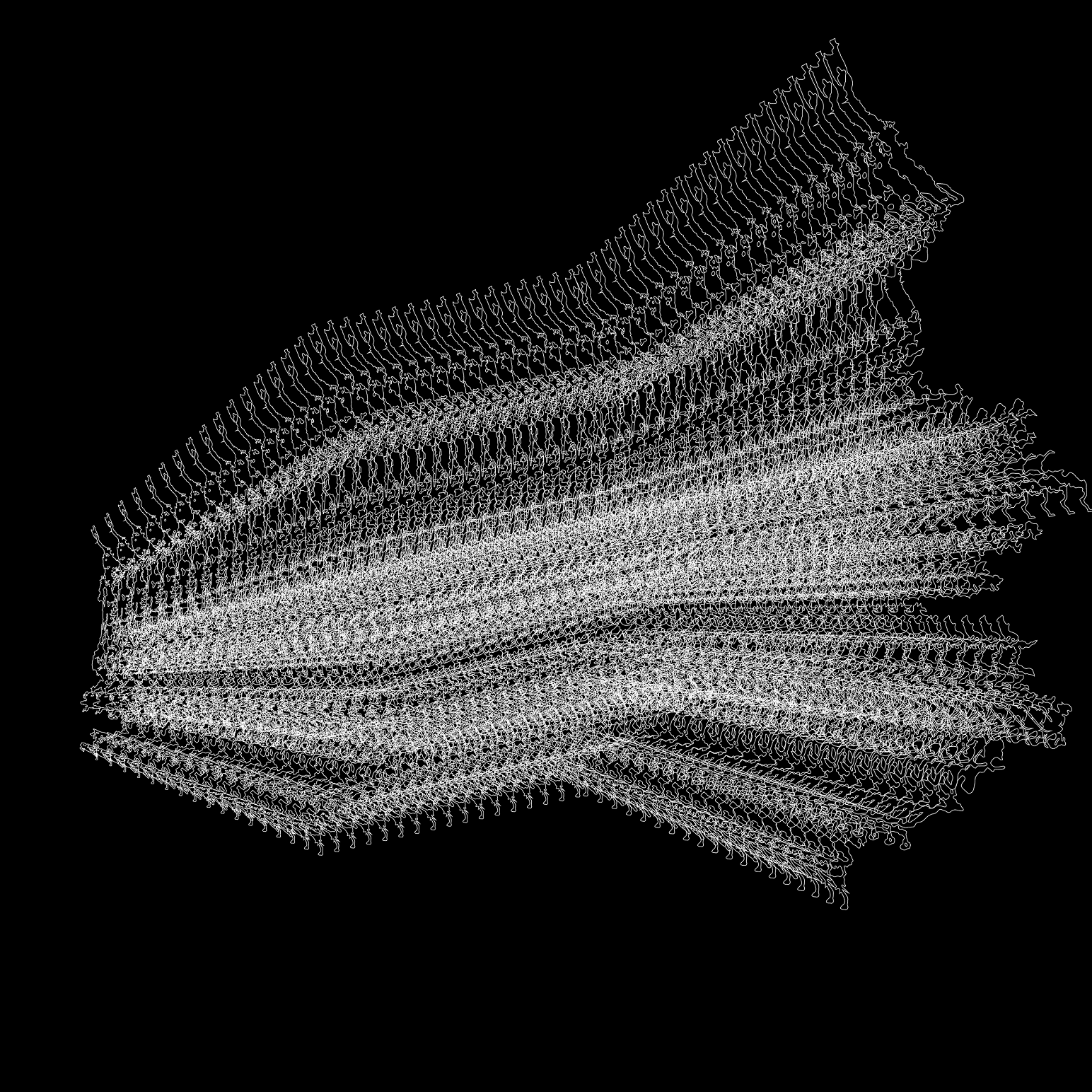
Series of paintings of empty vessels
Gouache, pen, pencil
2020
Gouache, pen, pencil
2020
“Tag um Tag guter Tag (Every Day Is a Good Day)”, grief, thank you Peter Dreher.







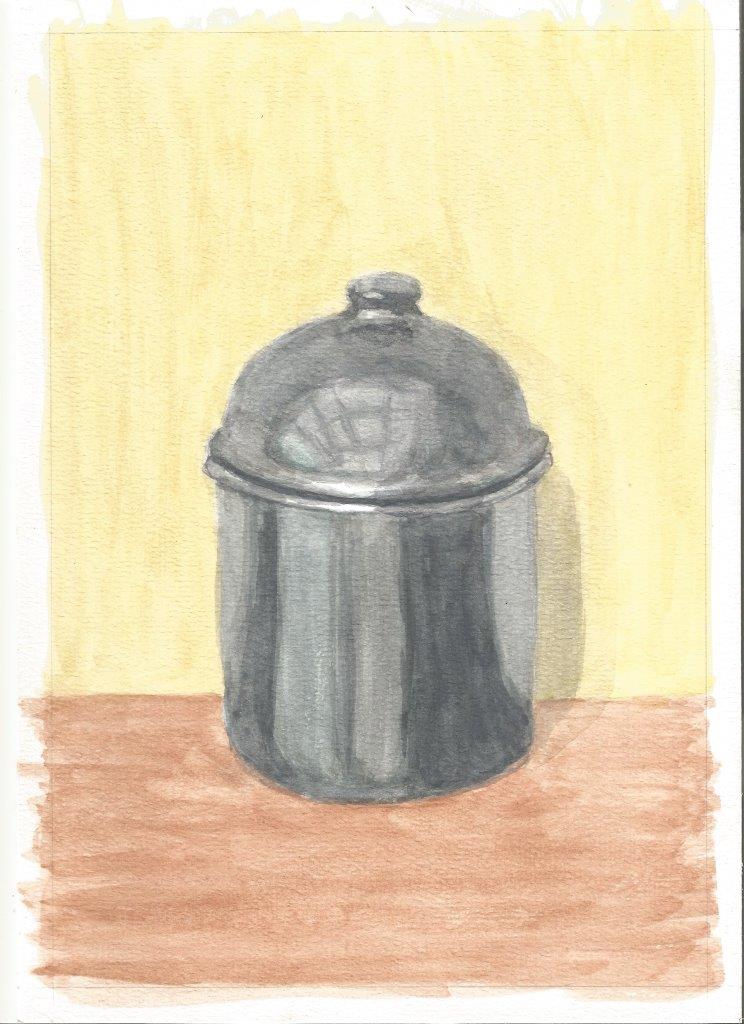

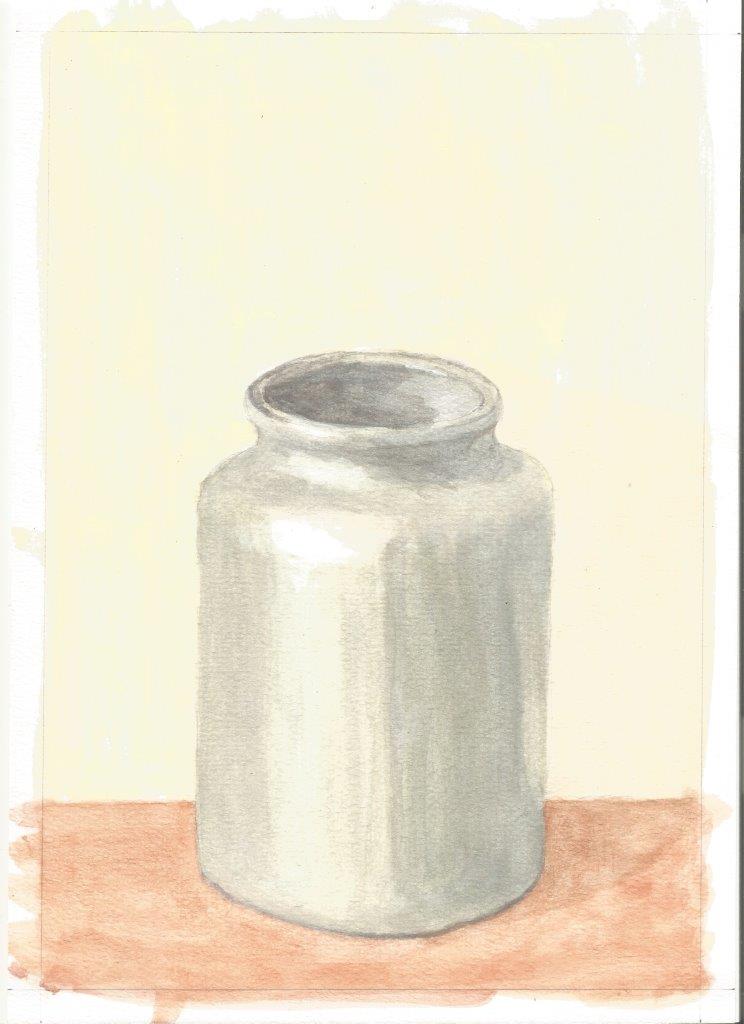



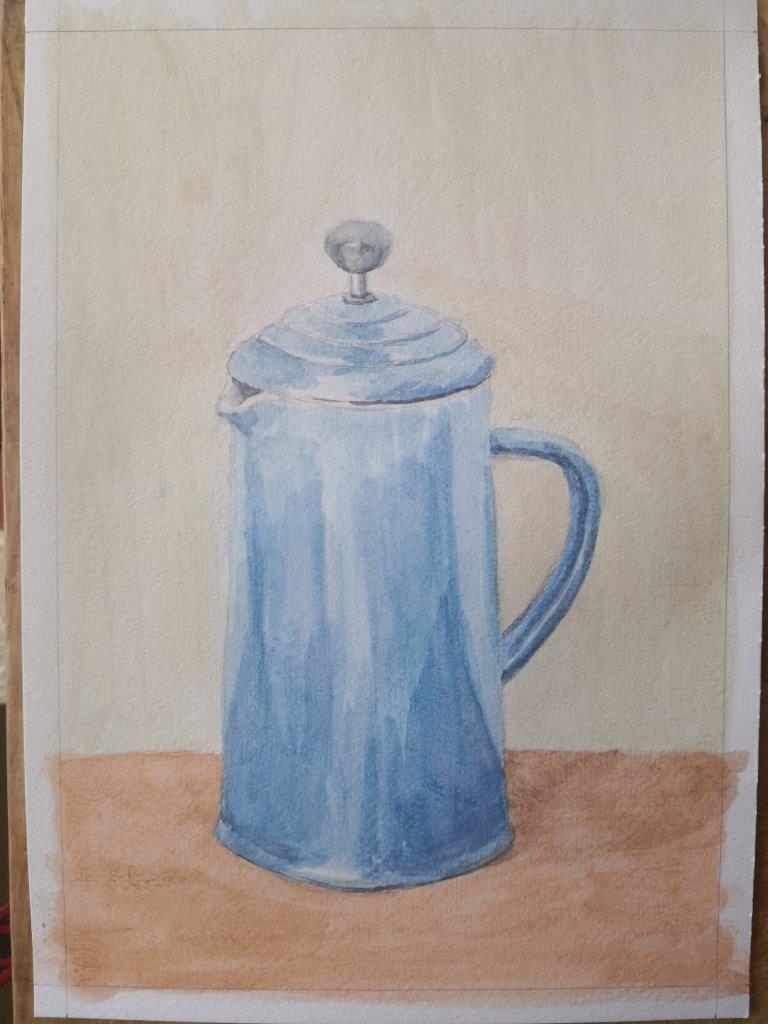

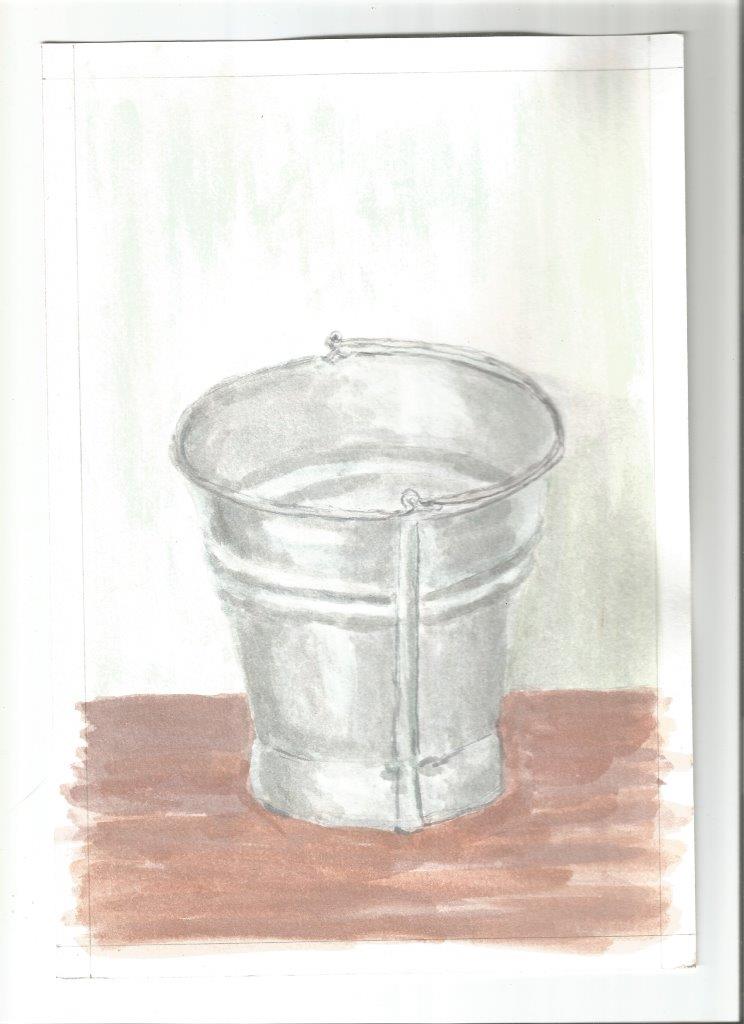














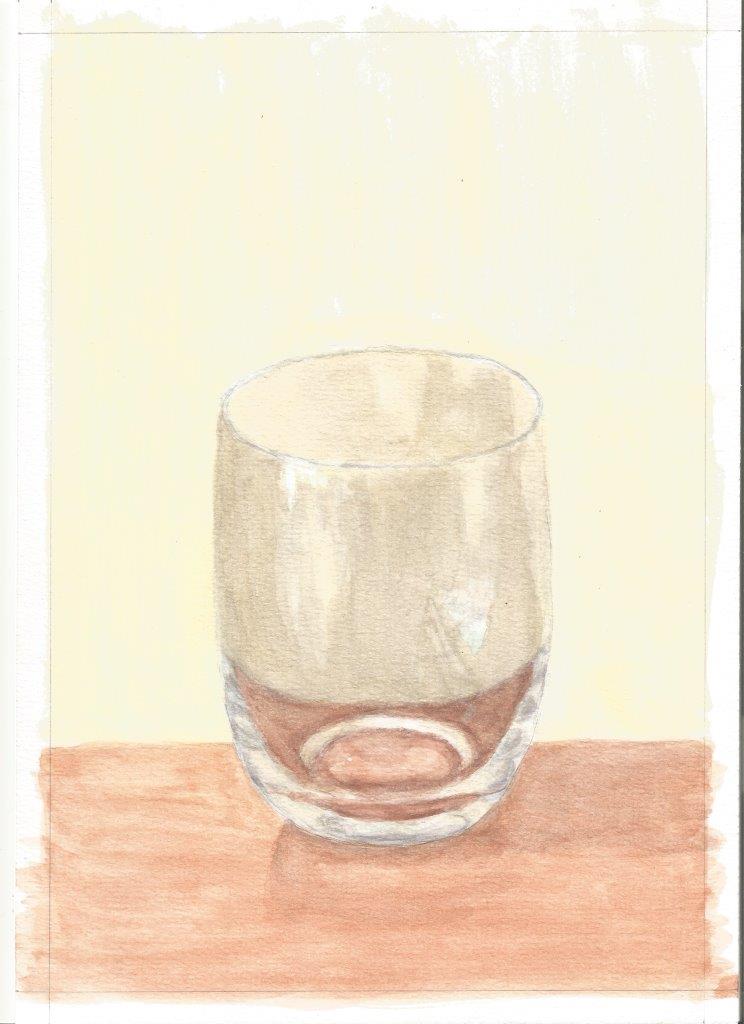

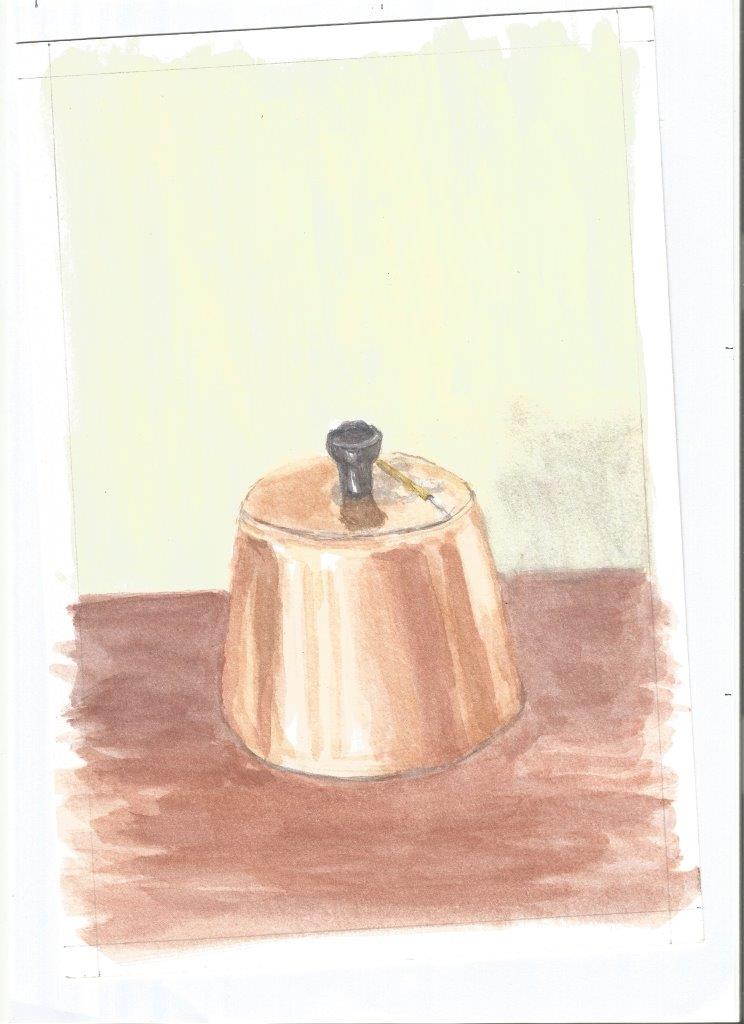
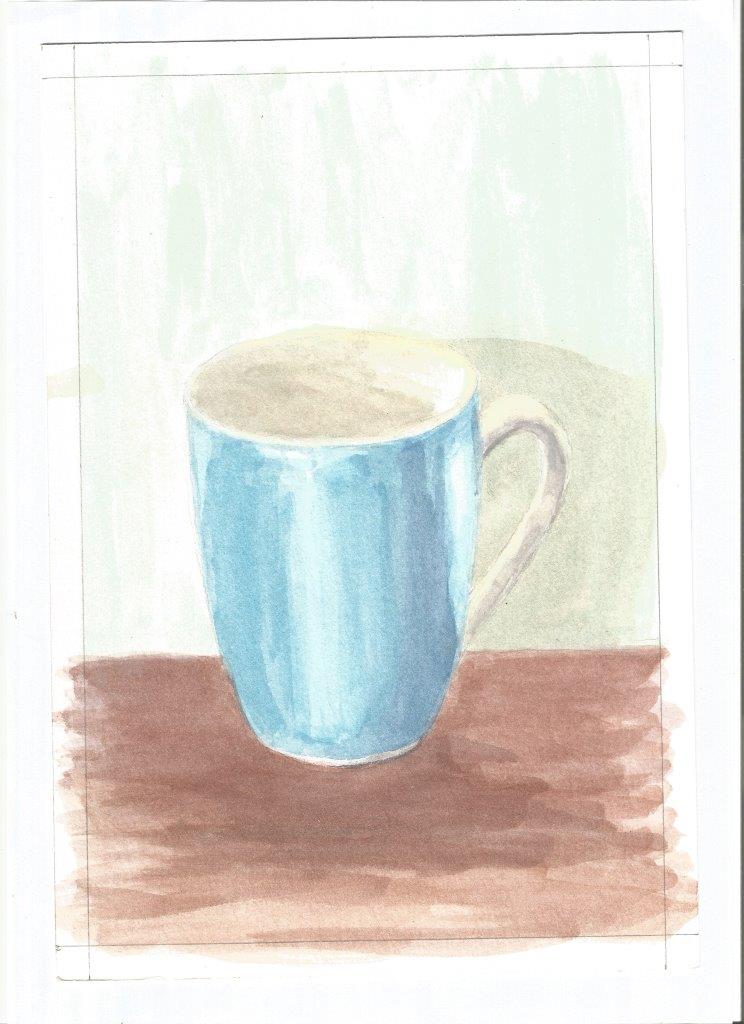
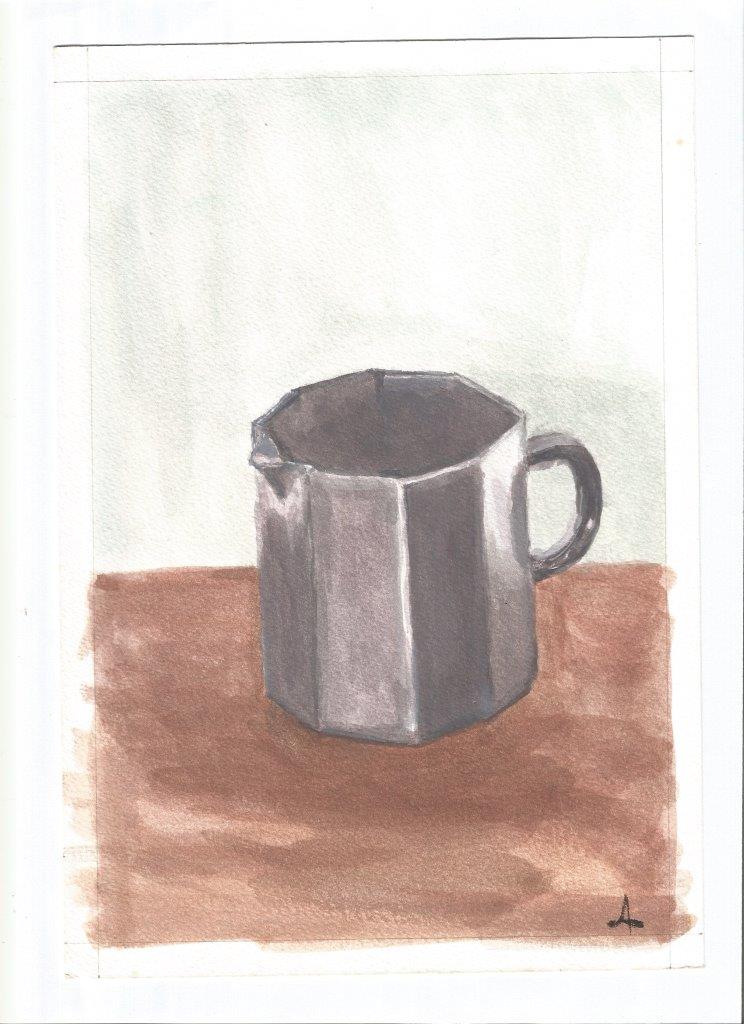
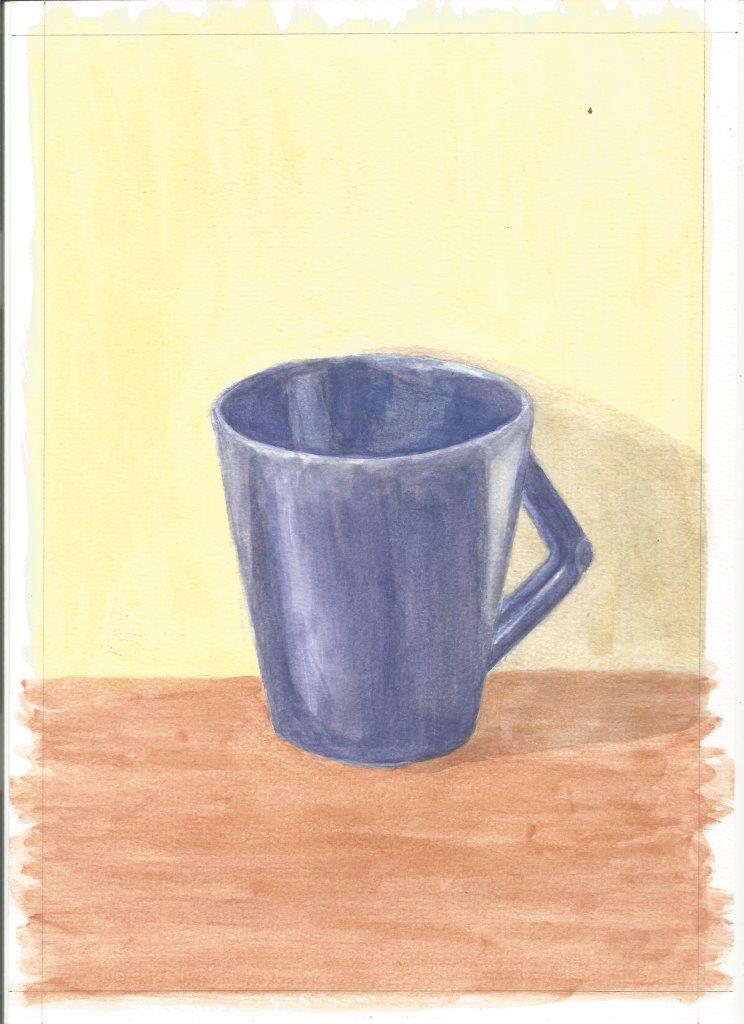








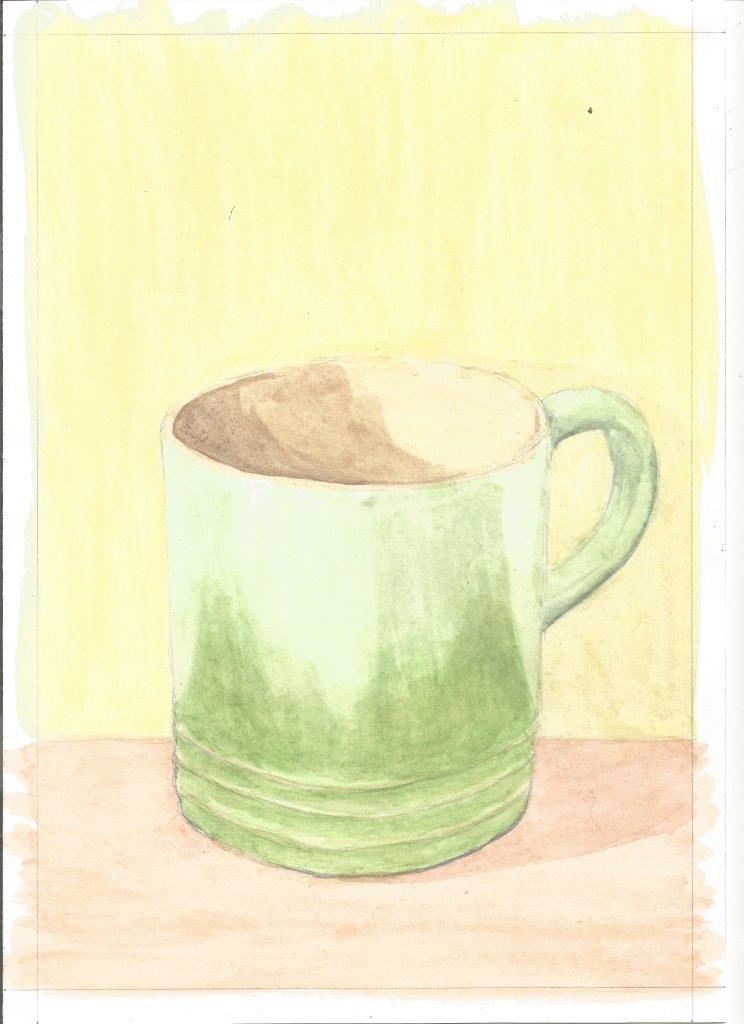
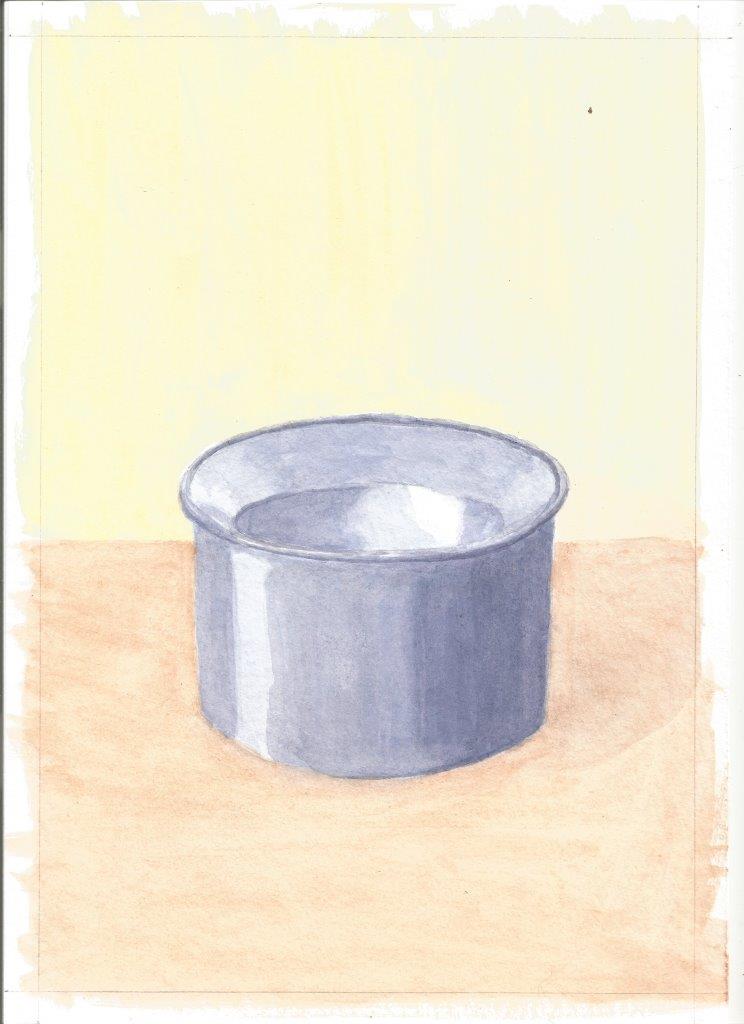
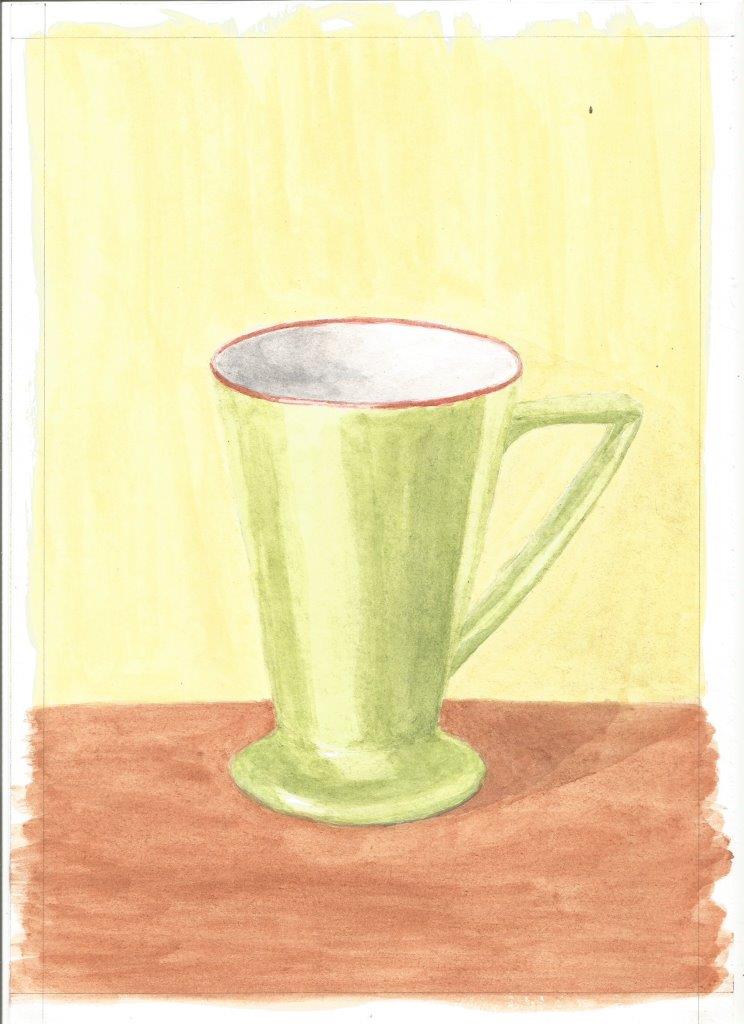
Exhibited:
AcrossRCA: Deviant Design in a House of Old Fears: Questioning Coloniality in Design Theory and Practice, 2017
Wire frame, paper, tape, mirror, fishing line
1.5m x 2m
2017
1.5m x 2m
2017
Coming from a university undergoing a highly politicized decolonization process, I found the blind eye that the United Kingdom and Europe turns towards their colonial history extremely perplexing.
During discussions held over culturally relevant food, screenings and readings, we often touched upon how complicit we are, societally, in perpetuating various colonial constructs.
During discussions held over culturally relevant food, screenings and readings, we often touched upon how complicit we are, societally, in perpetuating various colonial constructs.
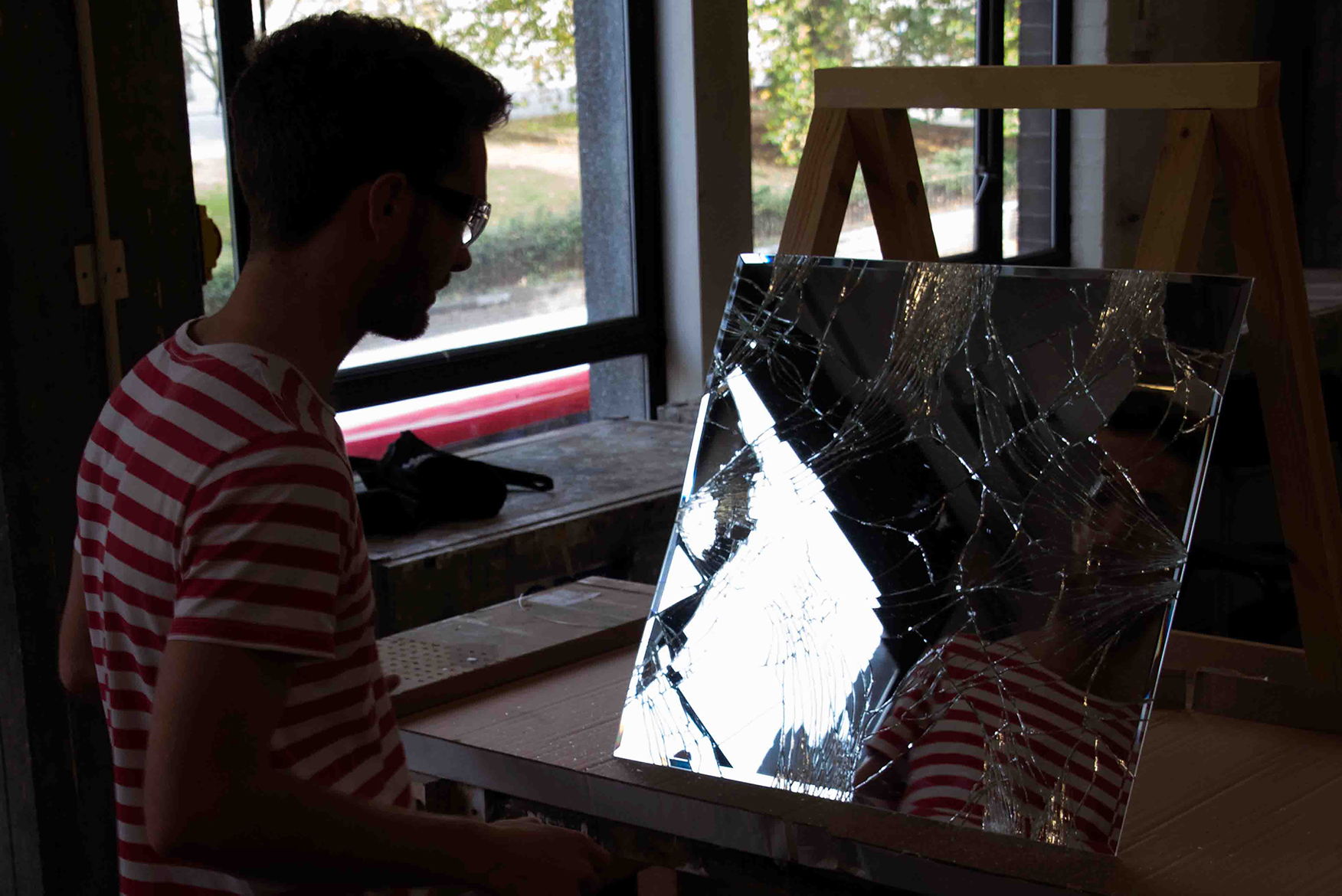
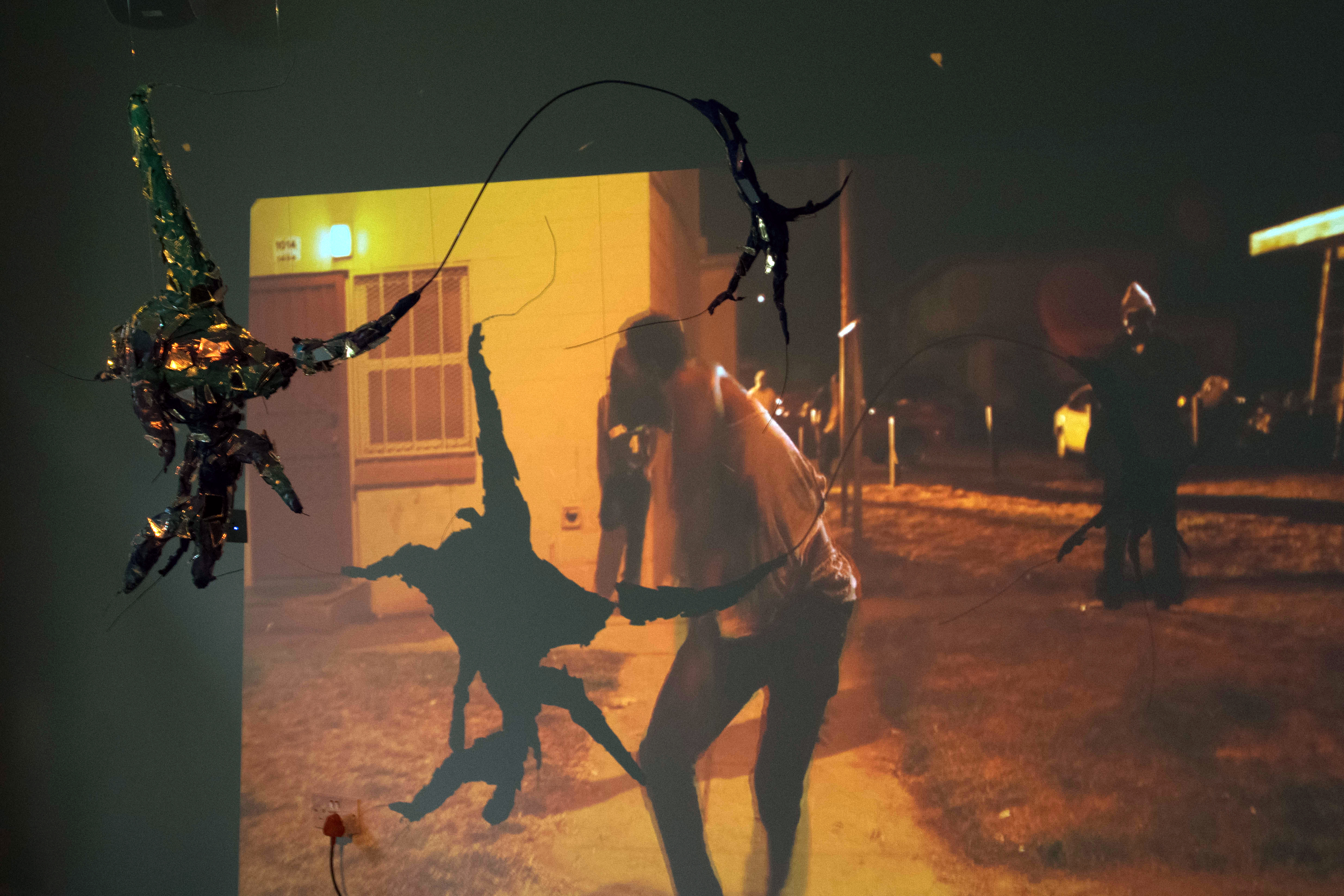


Colonial Amnesia was a piece in which I attempt to make the viewers observe their complicity in perpetuating colonial constructs.


The final piece is a 2 metre long blue neuron with fragments of a mirror stuck to its body. Two projectors project videos of decolonial lectures, music videos and documentaries. The mirrors scatter the discourses projected onto the neuron, mirroring the subjectivity of the viewer. The information is fragmented, scattered around the room, mirroring our amnesia brought on by the society we continue to create.

Placeholders
PlaceHolders addresses the alienation that we all feel in cities in an accessible, subtle way: providing a gentle nudge when a user passes something that they may love based on their unique interest profile.

Graduation project, MA and MSc Innovation Design Engineering, 2019
Polyurethane, Silicone, Arduino, Brass
10cm x 5cm
2019
10cm x 5cm
2019
PlaceHolders is a ‘smart’ string of beads. However, rather than connecting you to your breath or prayers, it connects you to your city. You tell PlaceHolders, via a simple web interface, what city you live in and your interests. PlaceHolders then aggregates this information and curates ‘places of interest’ that will make you feel a sense of belonging in the city you inhabit.



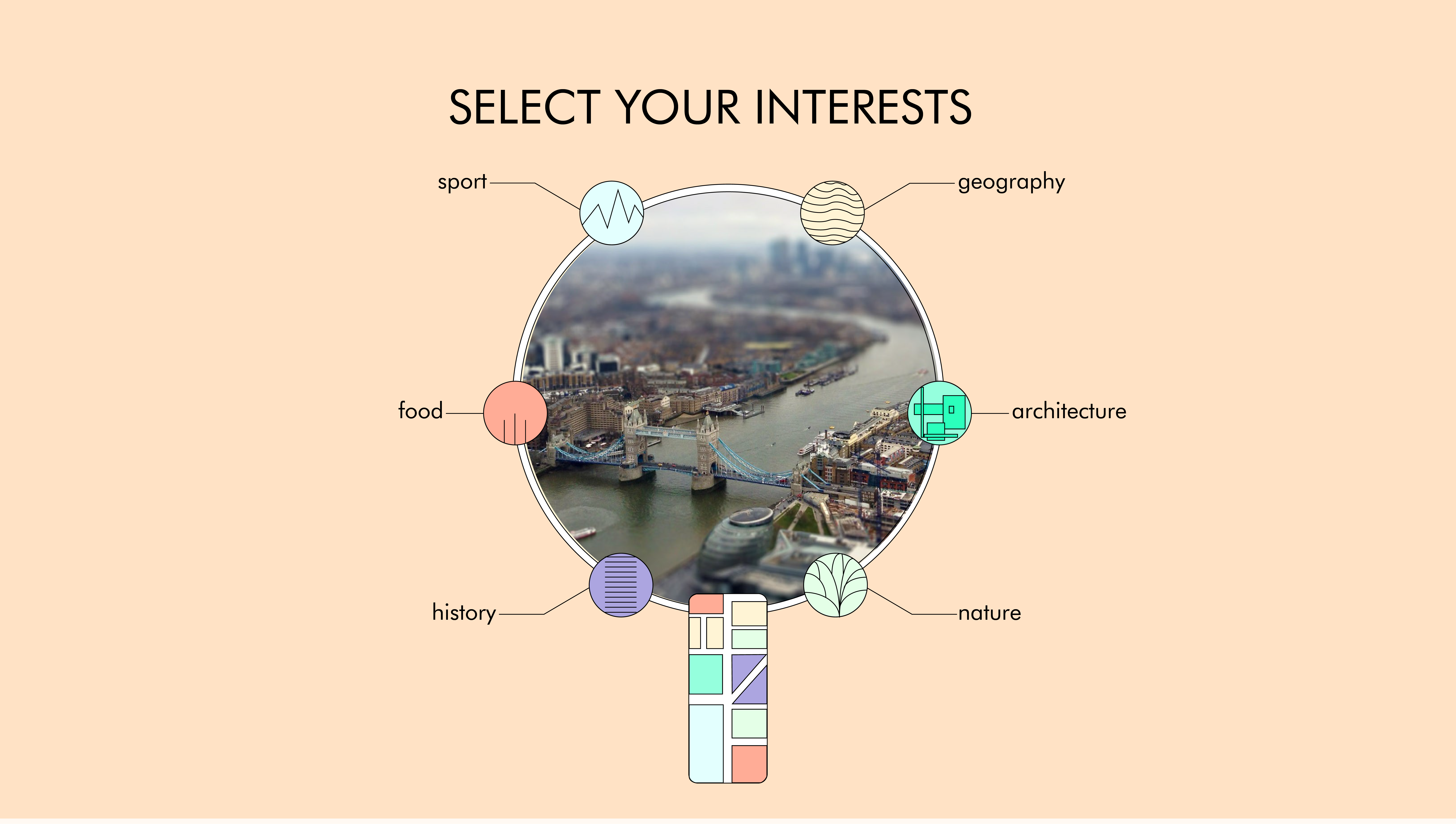
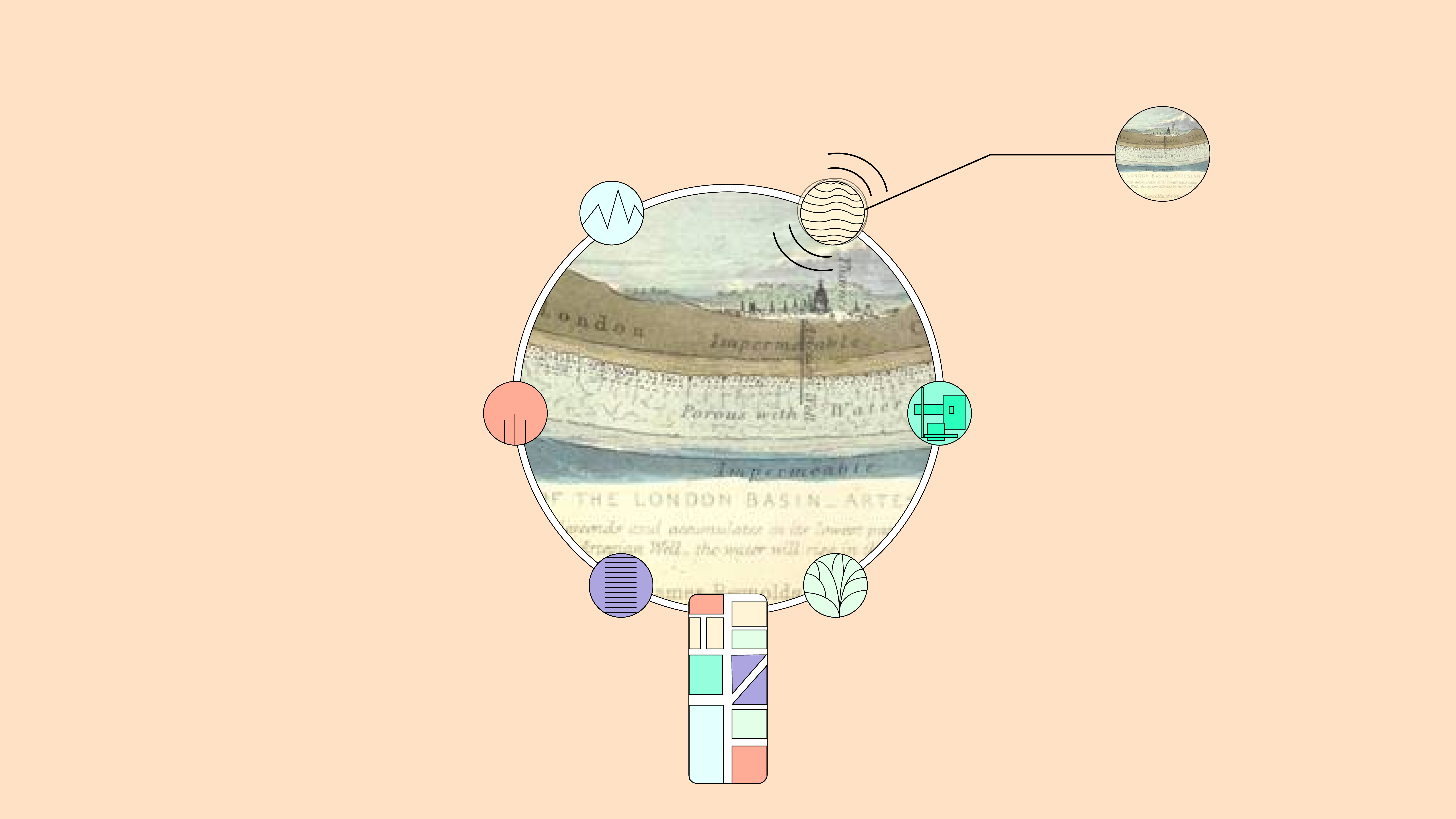

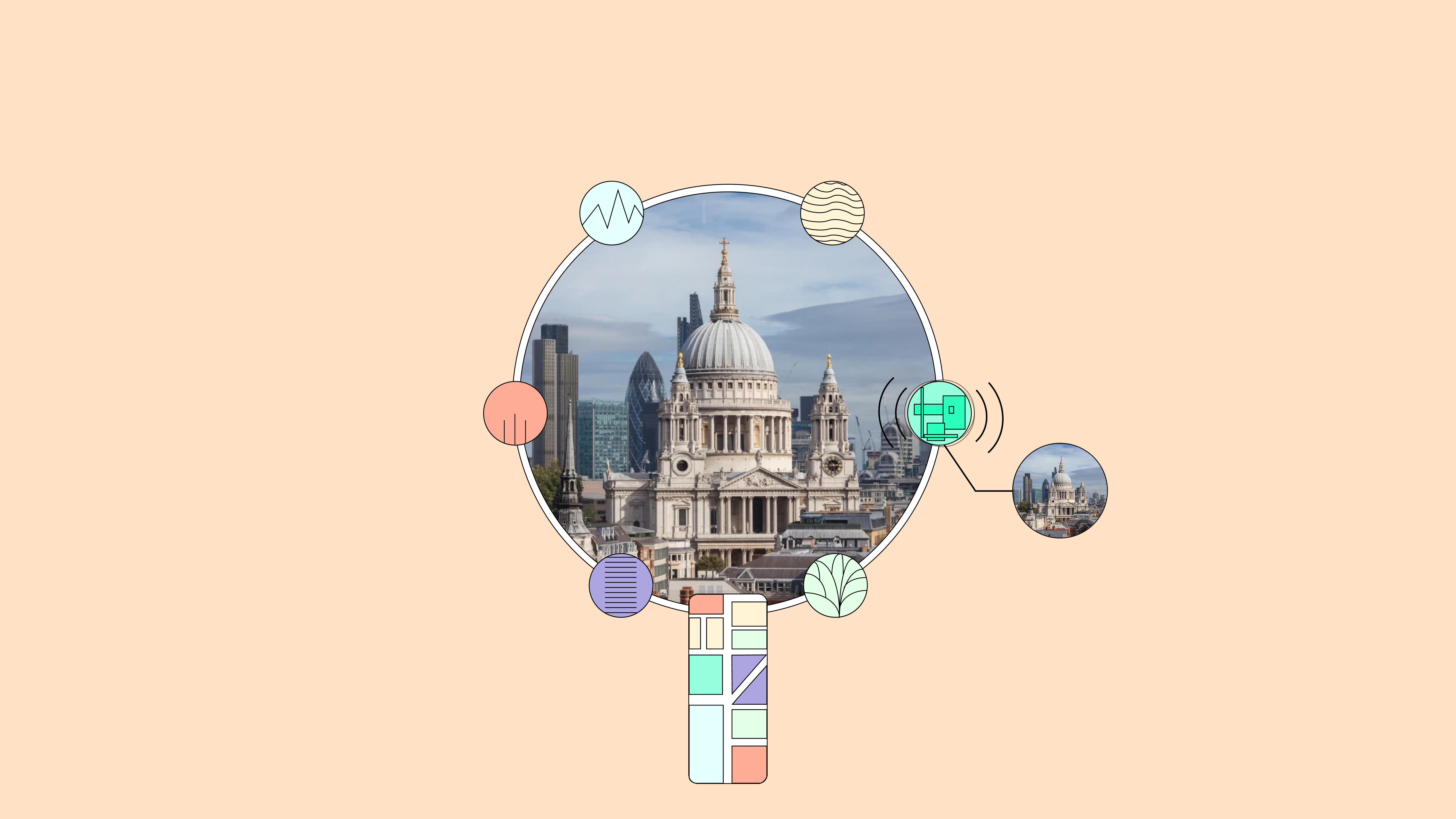
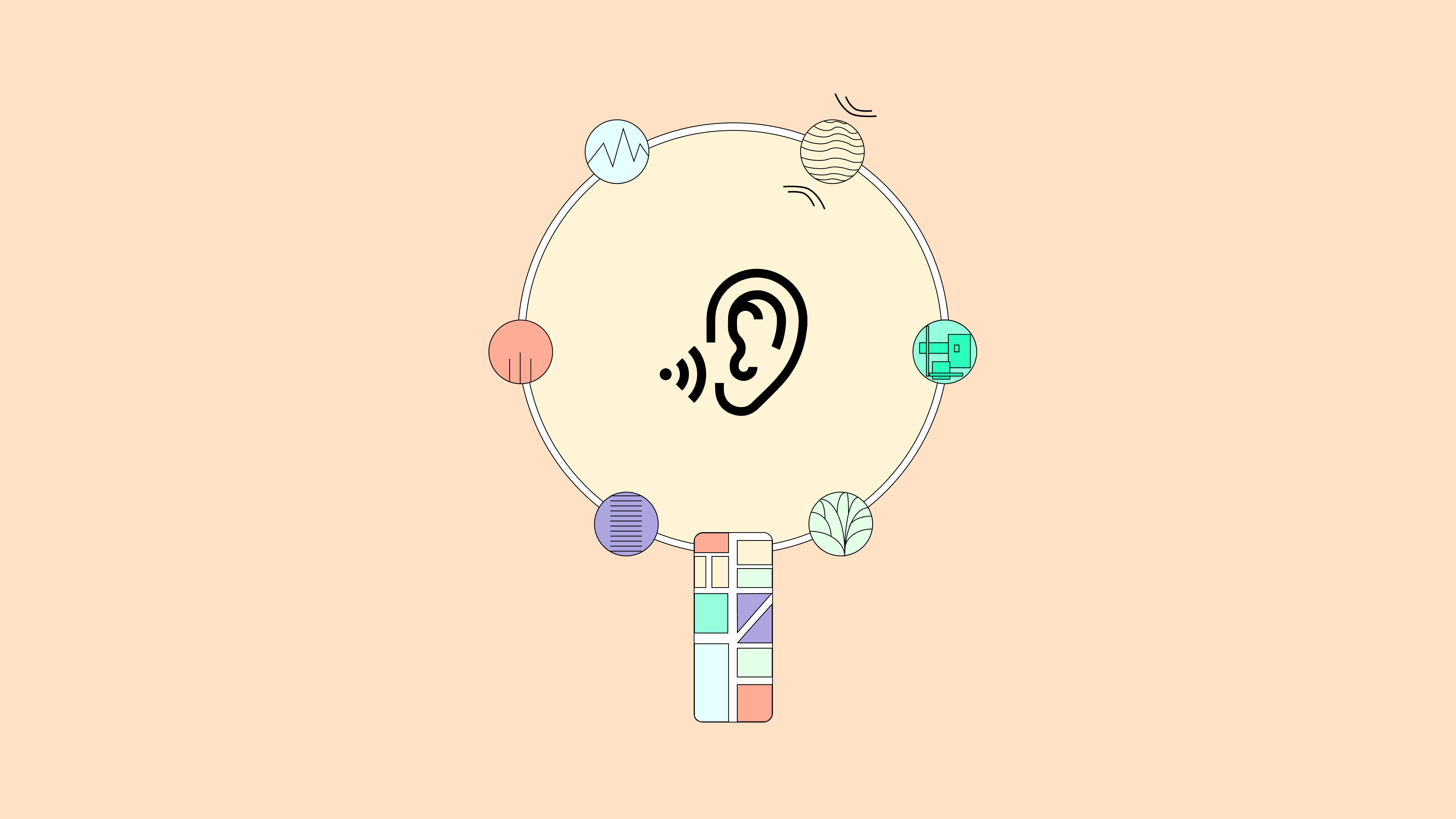

As you pass ‘places of interest’ while travelling through your city, a bead vibrates. If you squeeze the bead, an audio description of the place of interest will play via your phone.
A range of experts from cognitive navigation, neuroscience, spatial analysis and data visualization was interviewed. A series of design experiments was also conducted. This led to the development of an initial analogue prototype which was tested with visually impaired and sighted users.
![]()
![]()
A range of experts from cognitive navigation, neuroscience, spatial analysis and data visualization was interviewed. A series of design experiments was also conducted. This led to the development of an initial analogue prototype which was tested with visually impaired and sighted users.
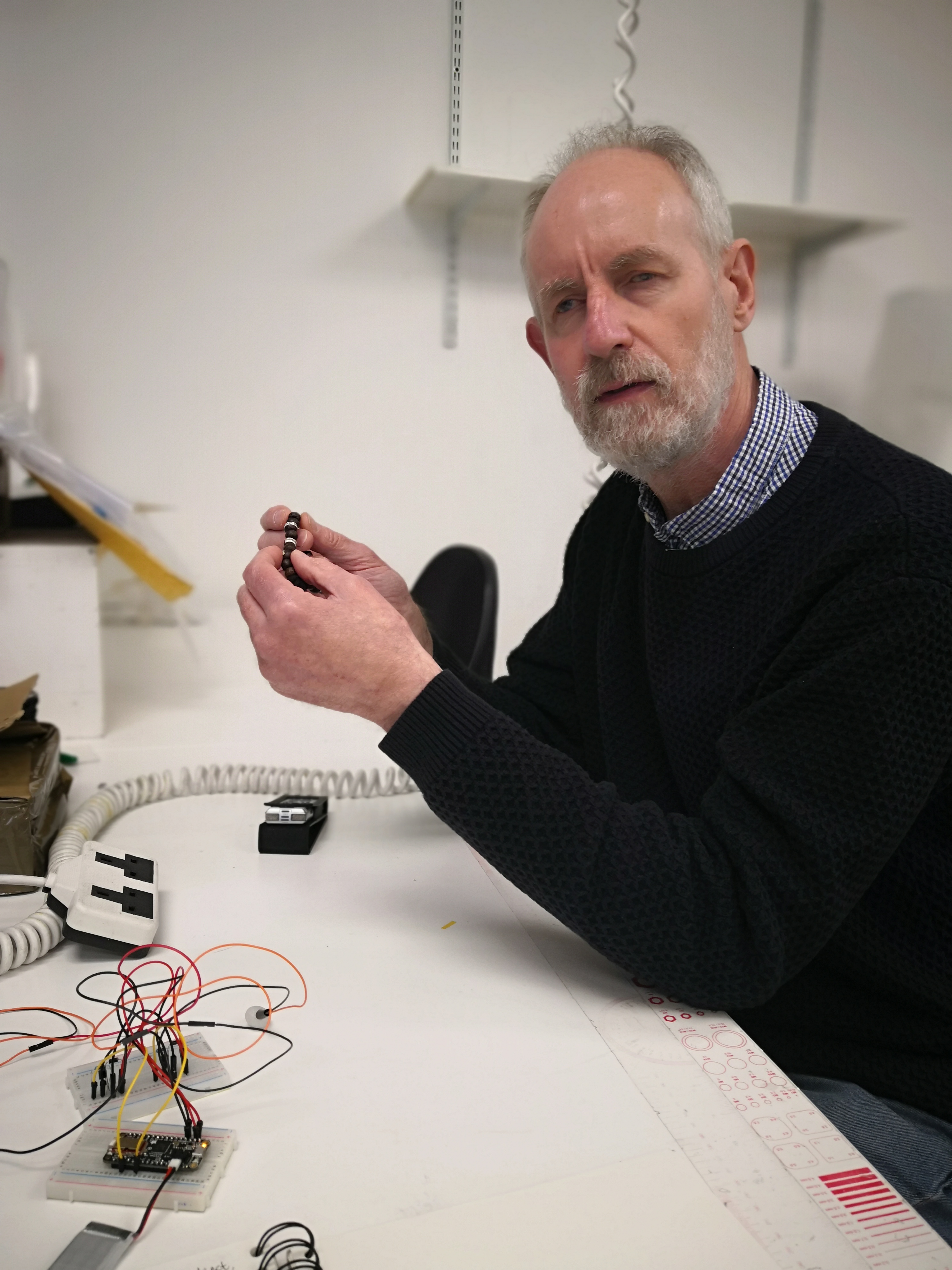
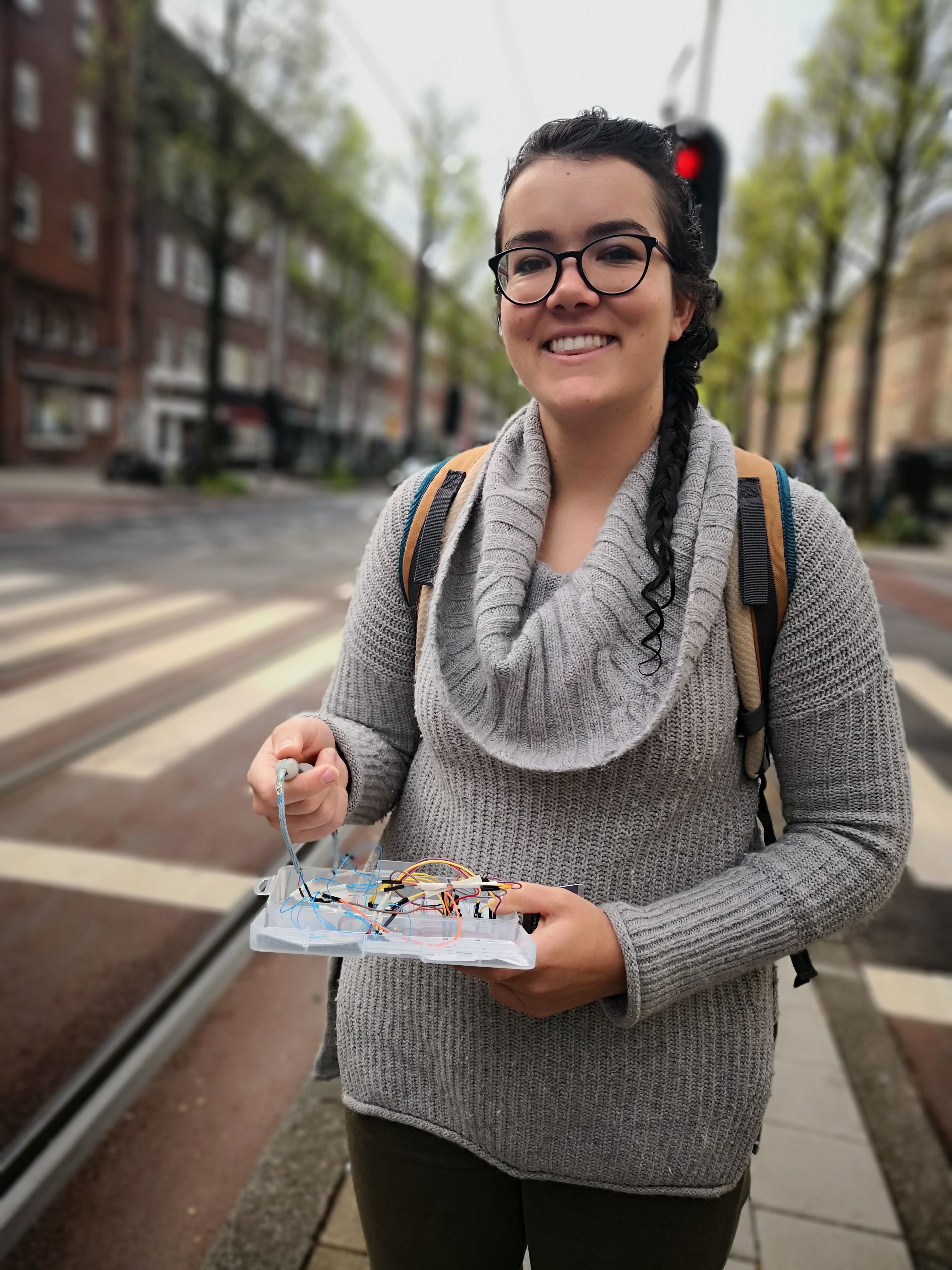

An over-moulding process is used in order to conceal the electronics and accommodate the thread.
